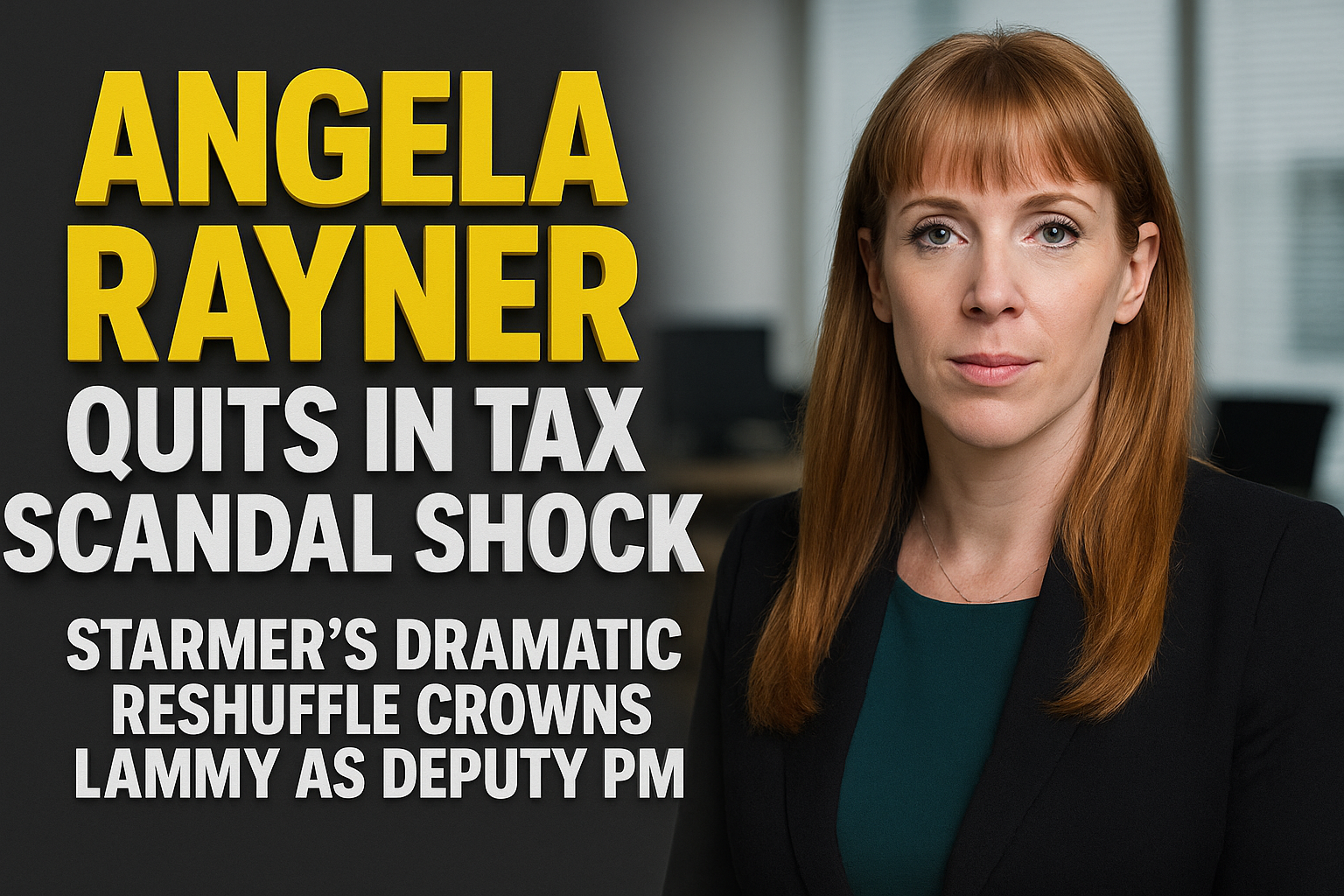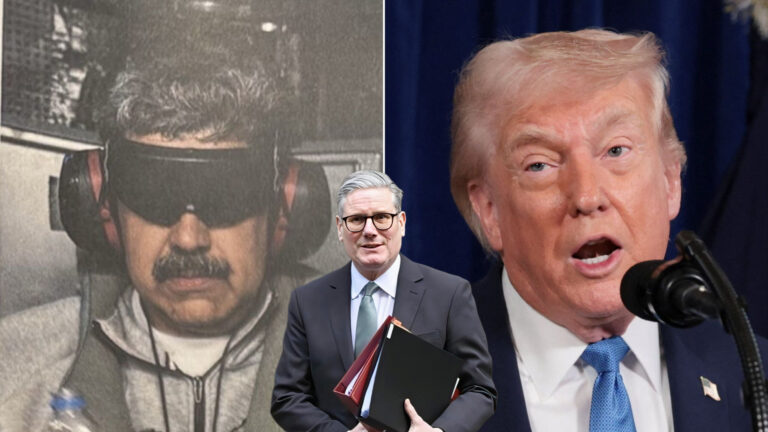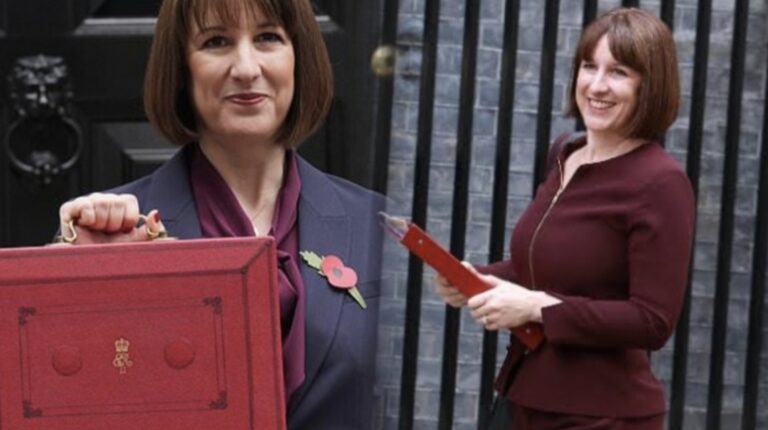
The Labour government has been thrown into turmoil after Deputy Prime Minister Angela Rayner announced her resignation on Friday, admitting she failed to pay the correct stamp duty on her Hove property.
The shock departure forced Prime Minister Sir Keir Starmer into a sweeping cabinet reshuffle, altering the balance of power at the heart of government.
Rayner, a key ally of the Prime Minister and a central figure in Labour’s rise to power, said she had made a “mistake” in not seeking specialist tax advice when purchasing her £800,000 flat in East Sussex.
Although she stressed that she had acted with integrity and had no intention of misleading the public, the Prime Minister’s ethics adviser concluded she had breached the ministerial code by failing to clarify the property’s legal status.
The tax underpayment, believed to be around £40,000, stemmed from the fact that the Hove flat should have been treated as a second home due to existing trust arrangements connected to her disabled son.
Rayner initially insisted she had paid the correct amount, but legal advice later confirmed otherwise. The mounting pressure, combined with fierce media scrutiny, eventually made her position untenable.
In her resignation letter, Rayner expressed regret for the oversight and admitted that the strain on her family had become “unbearable.” She also acknowledged she had not upheld “the highest standards” expected of ministers, though she emphasised it was never her intention to avoid paying her fair share of tax.
6Starmer, clearly shaken by the loss of one of his closest colleagues, responded with a handwritten note describing Rayner as “a trusted colleague and a true friend.” Her departure is a personal and political blow, depriving him of an influential deputy who had helped to steer Labour through turbulent years in opposition and into government.
The resignation triggered a dramatic reshuffle, described by party insiders as “phase two” of Starmer’s plan to strengthen his frontbench team. In a series of swift moves:
David Lammy
David Lammy was appointed Deputy Prime Minister, cementing his status as one of Starmer’s most senior allies.
Shabana Mahmood became Home Secretary, marking a historic moment as she takes one of the most powerful roles in government.
Yvette Cooper replaced Lammy as Foreign Secretary, completing a trio of women holding the top cabinet posts alongside Chancellor Rachel Reeves.
This new-look cabinet represents a significant shift in the dynamics of government. For the first time, three of the four most senior roles are held by women — a milestone in British political history.
Yet the backdrop remains fraught. Rayner’s resignation has handed ammunition to critics who argue that Labour’s promises of transparency and integrity have already been undermined. Opposition parties are likely to seize on the episode as proof that Labour is not immune to the same ethical failures it once accused the Conservatives of committing.
For Starmer, the challenge is now twofold: to reassure the public that his government can still deliver stability and to demonstrate that his reshuffle was not an act of crisis management, but a confident reorganisation of power.
Rayner’s exit marks the end of a significant chapter for Labour’s leadership team. Whether Starmer’s new cabinet can steady the ship and maintain public trust will determine the political fortunes of his government in the months ahead.





